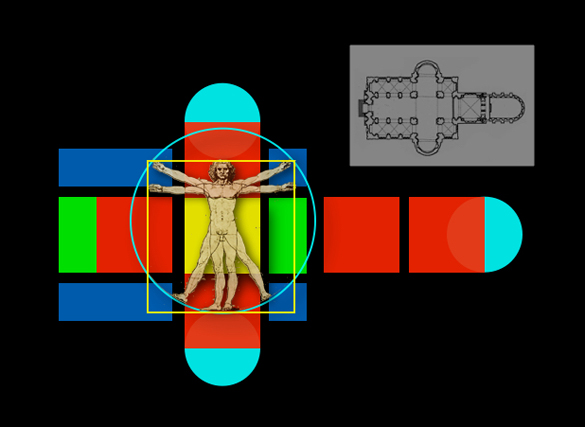
As historians, we learn to look at the big picture, identify patterns, and understand underlying principles.
A couple of blogs ago, I suggested that an education in the History and Theory of Architecture – or indeed any discipline in the Humanities – is incredibly useful whether one goes on to a career within their chosen discipline or not. Today, I wanted to put a tangible human face to that claim.
That face belongs to Peter Gibaut, a recent arrival in my neighbourhood of Hintonburg. Peter, an Ottawa native, did a B.A. in medieval history at the University of Toronto, followed by an M.A. in the same field at Oxford University. He now works as an analyst for Policy Horizons Canada, a federal government agency that “anticipates emerging policy challenges and opportunities in a rapidly changing and complex world.”
I can already hear the guffaws of certain columnists: “Let’s see, which degree is more useless – History and Theory of Architecture, or Medieval History? They’re closely related, so let’s call it a draw!” But he who guffaws last guffaws best. Here’s what Peter has to say about how a great education in the humanities made his career possible (I should add that Peter here speaks only for himself, not for the civil service or the Government of Canada):
The study of history helps me professionally in two ways: first, it trained my mind to analyze complex systems with confidence; second, realizing how complicated understanding the past is taught me to have humility towards attempting to understand the present.
In my current job, I make evidence-based analyses on the long-term strategic robustness of public policy. Just as a historian weaves a range of disparate sources together to craft a compelling argument about a historical topic, working with policy requires me to weave a range of often seemingly unconnected sources together to create a compelling statement about the present and future.
Historians are especially well trained to look at ‘big picture’ problems because we are trained to look at systems. What this means is that historians know how to look at a topic from many different angles and understand the connections between things; things that seem to have little to do with one another but in fact give us new and impactful insights when cross analysed. Our methodologies offer a strong mental framework for approaching problems and identifying surprises that might not be obvious from a superficial examination of an issue.
So, it turns out that training in history was ideal preparation for Peter’s career in the civil service. Of course, Peter did not intend or expect to become a policy analyst, or a public servant of any kind, when he began studying history. He pursued that subject because he loved it. And because he loved it, he worked hard and became good at it. And because he became good at it, he acquired skills that have led to an exciting and rewarding career.
There are important lessons in this for anyone expecting to enter the job market in the next few years. The key point is not that jobs are scarce (this is cyclical), but that they are changing, and that most of us will have career trajectories that are very different from what we initially imagined (I know I sure did!). Many of my current students will end up in fields that don’t even exist yet. But a flexible, agile, resourceful and rigorous mind is an asset that will never be obsolete, and will always be in demand.
As I said last week, a degree in HTA can lead to a number of course-related careers. But that’s not the only reason we’re here. A university’s job is to make sure you get an education as well as a degree – an education that will serve you every day of your life, wherever it leads you.